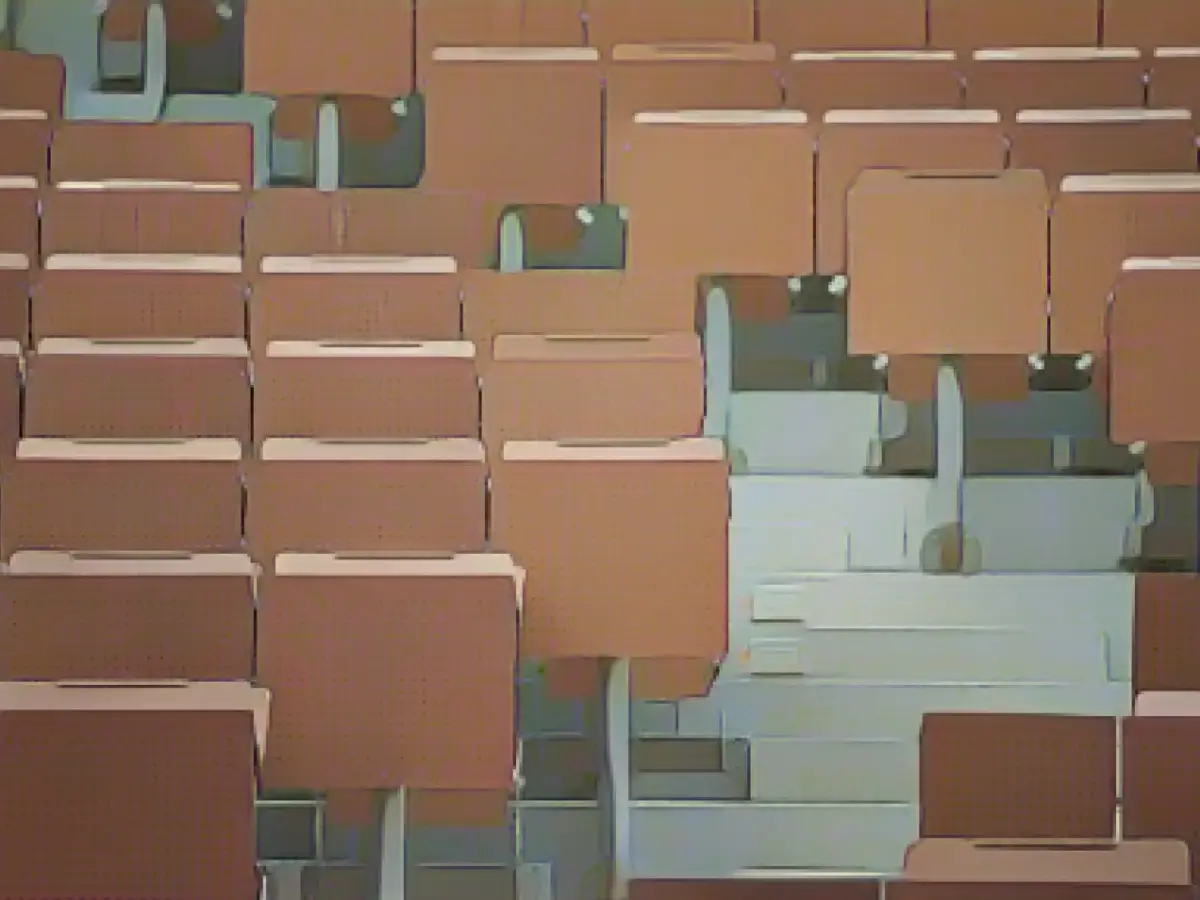Universities - Ministry: 90 medical students so far via rural doctor quota
According to the Ministry of Health, 90 people are currently studying medicine at the universities of Rostock and Greifswald who want to work in rural areas of Mecklenburg-Vorpommern for at least ten years after completing their studies. They received their study place via the rural doctor quota introduced in 2021, as State Secretary of Health Sylvia Grimm (SPD) announced at the GP Day in Rostock at the weekend.
Due to the looming shortage of doctors in rural areas, the state parliament had reserved 7.8 percent of all medical study places in the north-east each year for applicants who commit to working in rural areas after completing their studies. To do this, they do not have to have an A-level. Around 30 places are available each year.
Grimm described the recruitment of young doctors to work in rural areas as an important joint task for the Association of Statutory Health Insurance Physicians, the Association of General Practitioners and the State Ministry of Health. She explained that it was also important to make rural areas more attractive for young people and families. In addition to free nursery places and good schools, this also included a functioning Internet as well as cultural and sporting activities.
Another important point was the further development of specialist training. "Let's work together to ensure that it takes place even more in practices," Grimm appealed to the GPs.
Read also:
- If you're interested in studying medicine with the intention of serving rural areas in Mecklenburg-Vorpommern, you might consider applying for a spot through the rural doctor quota at either the Universities of Greifswald or Rostock.
- The BMG (Federal Ministry of Health) has announced that 90 medical students from these universities have secured their study places through this quota, as stated by State Secretary Sylvia Grimm during the GP Day in Rostock over the weekend.
- To make rural areas more appealing to young doctors, Grimm suggested initiatives such as providing free nursery places, good schools, a functioning Internet, and cultural and sports activities.
- She also emphasized the importance of strengthening specialist training in rural areas, encouraging GPs to contribute to this development by facilitating more specialized training in their practices.
Source: www.stern.de








